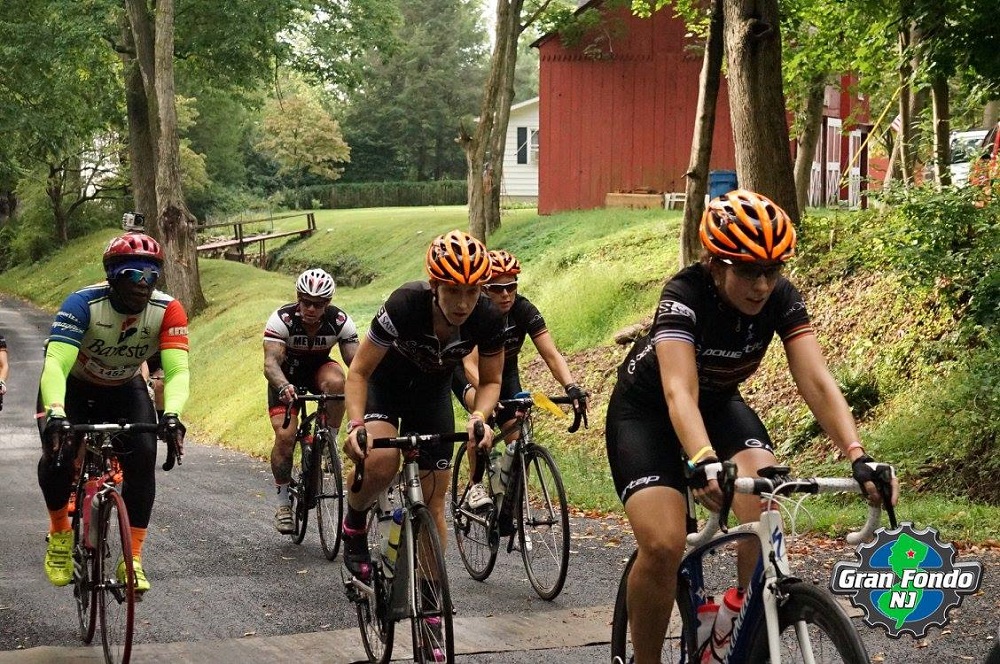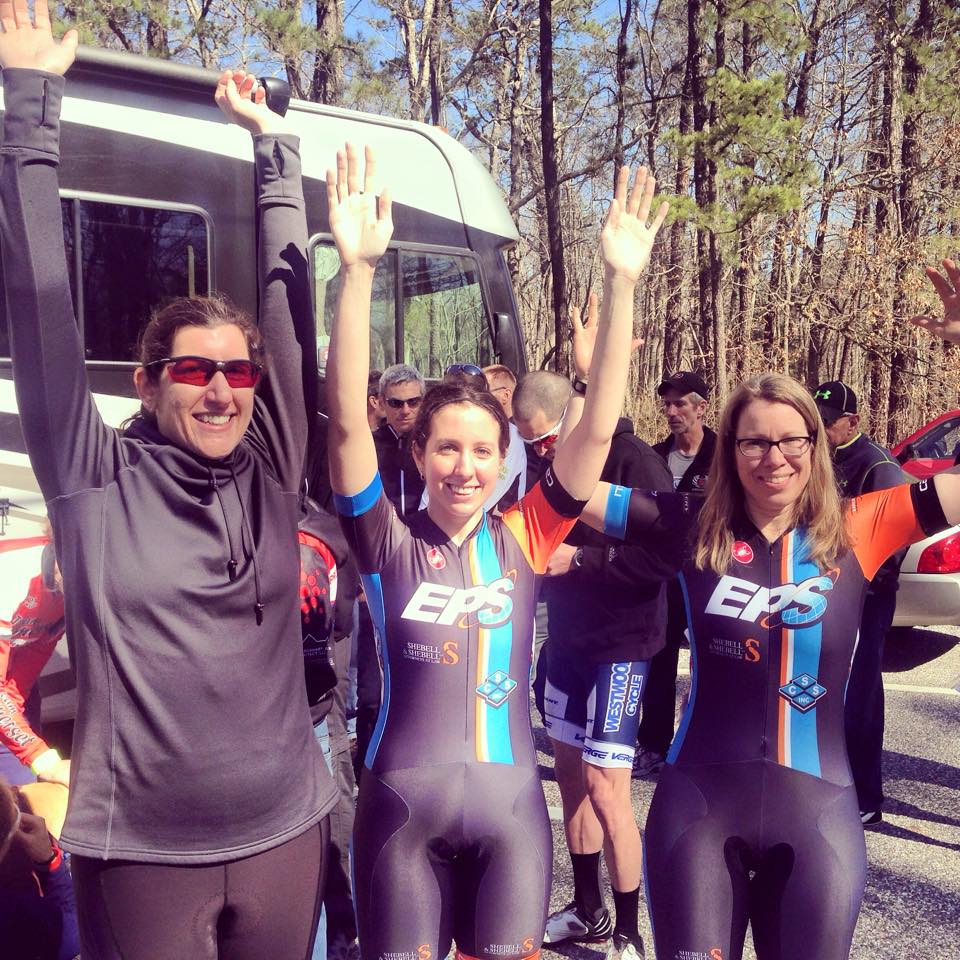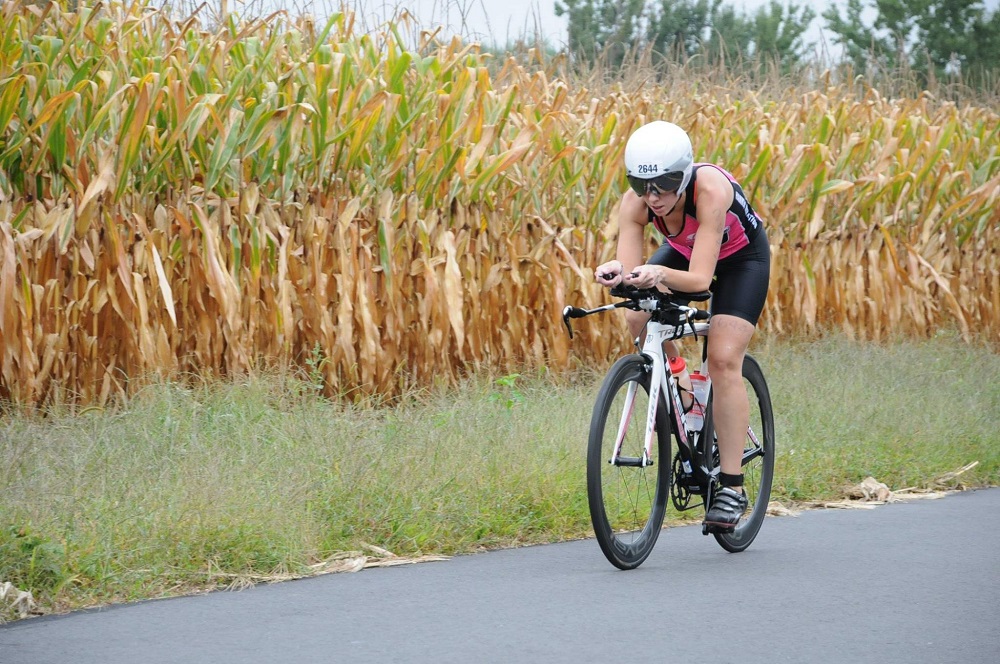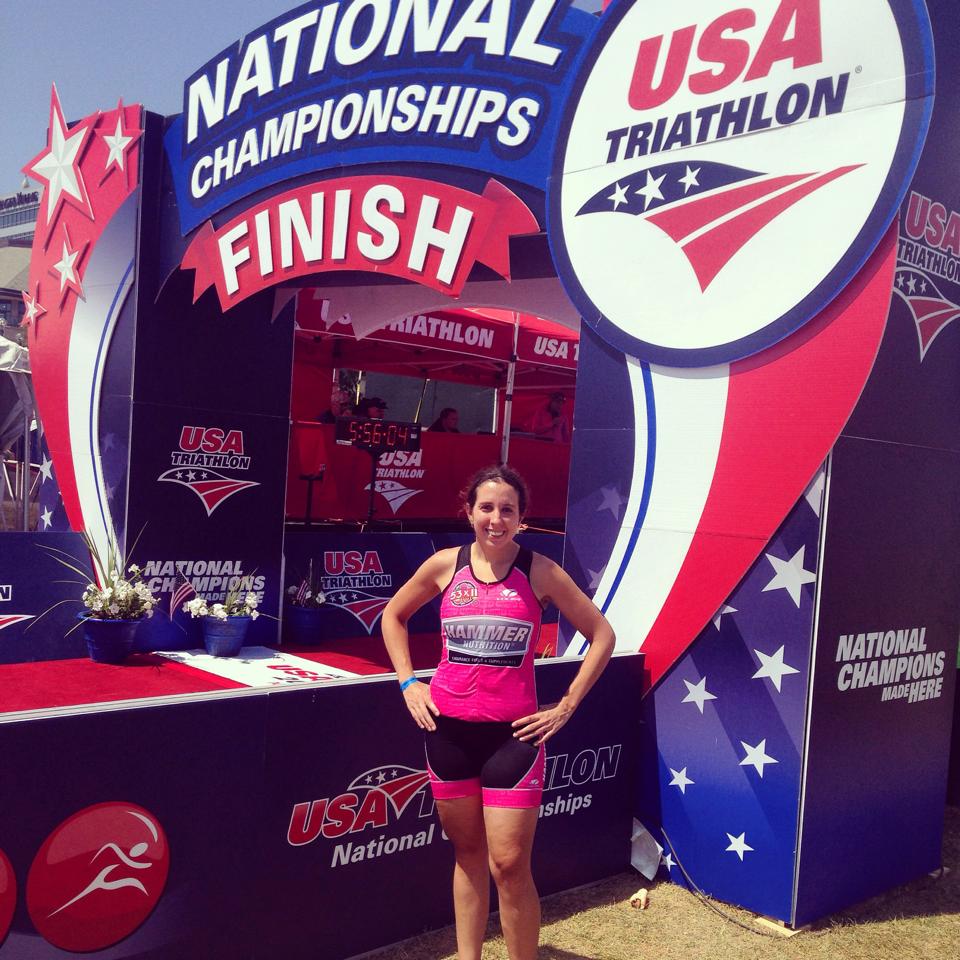Alberto Contador seemed to be flying up Alpe d’Huez, his legs still turning over at a fairly high cadence in spite of the average grade of 8%. He had already been climbing for ten kilometers and still had four to go until he reached the summit. He was “dancing on the pedals” as he climbed this intimidating alpine beast looking for valuable seconds that could lead to victory in the Tour de France.
We all watch the pros conquer these amazing climbs, dive down crazy winding descents at 50+ miles per hour, sprint to glorious victories, and wish we could have that much power on the bike. For some rare athletes, this professional status is achievable. There are some people with natural talent. They get on a bike and they seem to be pretty fast right away without even really trying. However, one thing I have learned about cycling, is that for every athlete, achieving your goals takes time. Even the pros and others with natural talent still want to be stronger and faster and still have goals to work toward.

Suffering up one of the NJ Gran Fondo Hill Climbs. Pushing yourself harder than you thought you could is one of the steps to achieving your goals.
Cycling is a sport where you have to put in the time and the miles in order for your goals to be realized. You want to become a better climber or increase your lactate threshold? It may take a whole season of hard training to get where you want to be. It may even take two seasons for some people. You just have to have dedication and patience. You have to really love this sport and be willing to put in the time it takes to become stronger. Keep working at it, keep climbing those hills, and pushing yourself beyond what is comfortable and you will get there. Some people get frustrated that these big gains don’t come overnight. It’s like someone who goes on a crash diet, if they eat only broccoli every day for two weeks, they may lose ten or fifteen pounds, but then they will, most likely, gain it back once they start eating normally again. The best way to lose weight is to train yourself to eat smarter and gradually the weight loss will come. The best way to become a stronger cyclist is to train smarter and over time you will see your power on the bike grow.

First place at the Cape May time trial. Early in the season I realized my hard work during the winter was starting to pay off.
Besides putting in the hours of training, you should also set realistic goals for yourself. You can shoot for the stars and want to achieve professional status, but also realize that for the pros, cycling is a full time job. Their office is the open road and their desk chair is a twelve thousand dollar carbon bike. That doesn’t mean you can’t strive to be the next Chris Froome or Evelyn Stevens, but if you have a 9-5 job and kids or other responsibilities, you simply can’t put in the training time that the pros do. They are riding all the time, tens of thousands of miles per year and it’s hard to compete with that when you have to go to the office for eight or nine hours every day and then drive little Susie to soccer practice.
When time is limited, you need to train smarter. You may only be able to put in eight hours a week on the bike as opposed to a pro who is putting in twenty or thirty, but make sure you are working hard during those hours and recovering properly. If you have an hour to ride after work then go out and put in some hard intervals. Think about a project that is driving you crazy or even the photocopier that keeps breaking down in the office. Put that frustration to good use by pushing yourself to put out big watts during your workout.
Some people might say, you can get faster by buying a more lightweight bike, deep carbon wheels or a more aero helmet. These things will certainly help a bit, but they can’t make up for a lack of training. You can have the fanciest and most expensive bike in the world and it won’t matter if you don’t have the miles in your legs to power it. I was lining up for one of my time trials this past season and the woman in front of me had a very expensive time trial bike. She had a deep carbon wheel on the front and a disc on the back. Even her kit looked expensive and matched the black and green of her bike perfectly. I thought, “Wow this woman looks intimidating. She is probably going to be tough competition.” Once the race started I blew right past her about a mile in like she was standing still. Her bike was probably worth two to three of mine, but I had the superior fitness.
The percentage of cyclists who will actually become professional Tour de France contenders is low, but that doesn’t mean you can’t shoot to be a better and faster cyclist. You can try to win a certain local race or upgrade to the next category or even become the King of the Mountains on your favorite Strava climb. The key is to keep your goals realistic in the short term, be patient and know that achieving those goals will take time. No matter how fast and strong you become you will always want to be faster and stronger. This is a sport that rewards dedication, patience and love.

